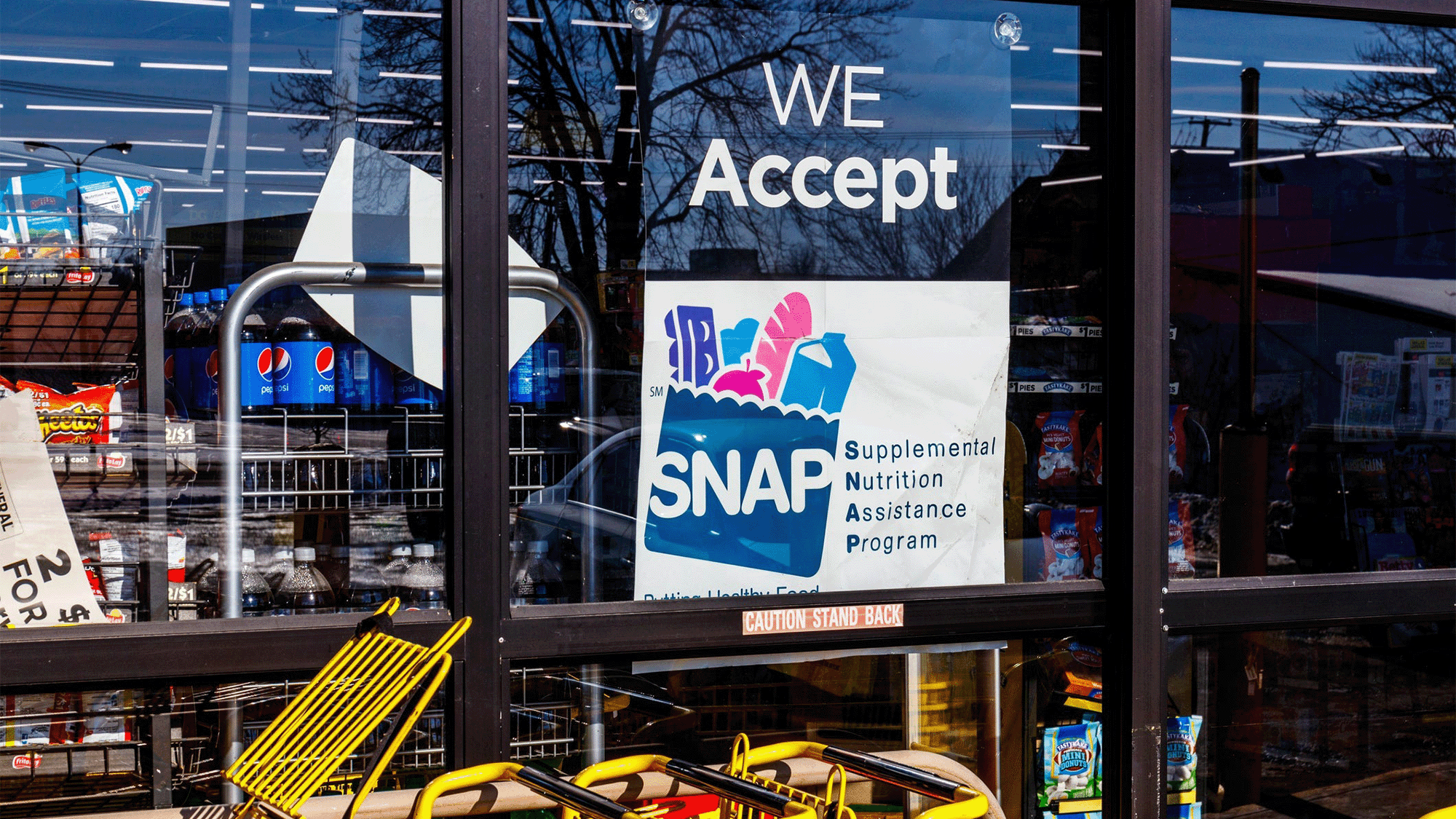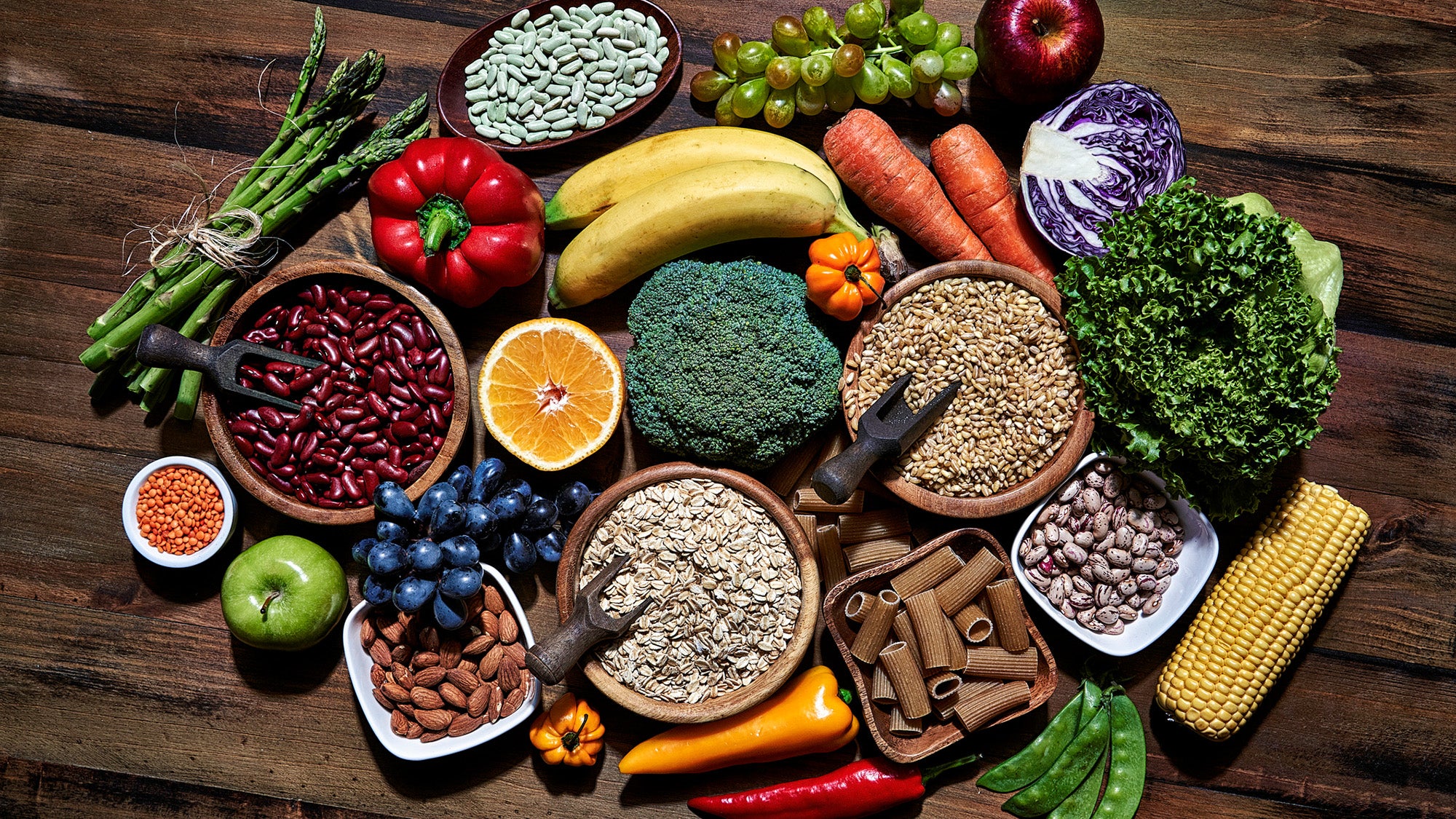Food insecurity from ending SNAP benefits could harm health

Due to the current federal government shutdown, millions of people in the U.S. are set to lose access to food benefits from the Supplemental Nutrition Assistance Program (SNAP) on Nov. 1—a repercussion that can have serious health risks, according to experts.
In an Oct. 27 STAT News article, experts said that families relying on SNAP to help pay for groceries may end up skipping meals, turning to cheaper and less nutritious ultra-processed foods, or being unable to pay for medication or rent.
Erica Kenney, associate professor of public health nutrition at Harvard T.H. Chan School of Public Health, said that because federal funding was also reduced for food banks earlier this year, they will not be able to cover the gap.
“Eating is so fundamental to our survival as human beings, so not being able to consistently access the food you need is a really overwhelmingly stressful experience,” she said. “And that is worse in situations where someone is caring for children as well—which itself is associated with poorer cardiovascular health.” She also noted that food insecurity can negatively impact children’s behavior and cognition in school.
Read the STAT News article: When SNAP benefits run out, ‘people can die,’ say health experts
Learn more
SNAP funding cuts threaten food security, health (Harvard Chan School news)


